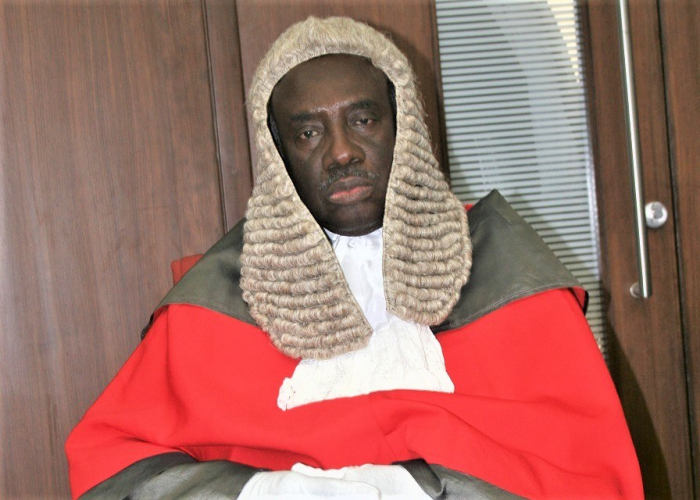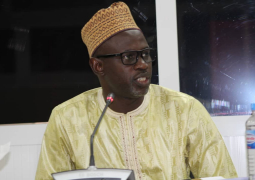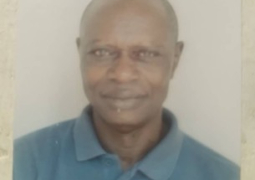
“We must pick up again from where we are and try and move forward in order to achieve the agreed goal. We all agreed that we do need such a new constitutional framework. What is required now is for all those engaged in the process to be ready to make compromises, to accommodate views and concerns of others and to exercise due patience in the process.”
He was speaking yesterday during the introduction of newly appointed judges and the judicial secretary in Banjul.
“The judiciary has been very attentive to the efforts that have been on-going for several months to prepare a new constitution for The Gambia as a framework for good governance for this country for generations to come. Indeed, the judiciary, like many persons and entities in the country has been an active participant in the process, preparing and submitting memoranda to the Constitutional Review Commission and holding consultation with them in matters of interest to the judiciary.”
“For the Constitution is not only the source of the establishment and mandates the jurisdictions of the judicature; it is also the source of authority of all other laws which are applied by the courts. The judiciary cannot therefore be indifferent to the developments concerning the proposed new Constitution. We are also aware of where those efforts stand at the moment. But we must not give up. Constitution making is not an easy process but we have our national experience to go by.”
“We must each be prepared to abandon possibly very strongly held views and make compromises that will accommodate others, that will enable us to produce a document which we can all proudly describe as our national constitution.”
He maintained that inflexibility will not help attain the goal which we all strive for, saying: “We must display some flexibility and be able to give and take for the common good. I believe this is still possible. And we should move forward together on this great democratic enterprise.”
Chief Justice Jallow congratulated the new appointees and wished them all the best in their respective tenures of office. “All of them bring to their respective positions years of proven professional competence, devotion to hard work and a track record of integrity as well as competence in the law.”
“The appointments come at an important period in the administration of justice. The judiciary has, like other sectors of the public service and indeed the rest of our community, faced the daunting challenge of trying to cope with the corona pandemic for the most part of this year.”
“I am happy to report that with the help of UNDP, a consultant has now been appointed to review the use of ICT within the entire judiciary structure and to make recommendations as to how we can use technology to improve the efficiency of judicial operations at all levels. We are looking forward to the report and recommendations and of course the necessary resources to be provided ultimately by the government and donors in order to implement the recommendations.”
The law, he added, must in this respect catch up with technological developments. “We need also to review our rules of practice and procedure and evidence and other laws in order to ensure that the law accommodates on a full time basis the use of remote technology for court hearings.”
“I have recently pursuant to the Labour Act appointed panel members for the Industrial Tribunal with respect to Banjul, Kombo Saint Mary Area and also the West Coast Region. It is important that Tribunal operates effectively in these three areas given the large number of industrial disputes which are pending in the courts and the need to have them attended to expeditiously.”
The challenge, he added, remains in ensuring that these tribunals are adequately accommodated for them to operate without unnecessary interruptions.
Read Other Articles In Headlines

Commonwealth research says punitive laws impede free speech, seeks sweeping reforms
Sep 9, 2025, 10:47 AM




